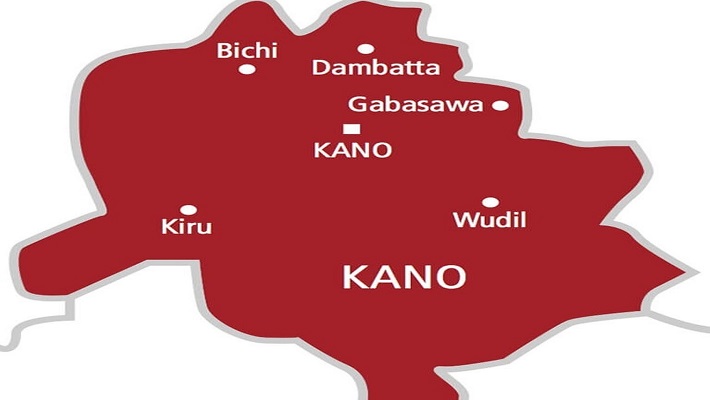The Court of Appeal in Abuja has delivered a significant ruling that clarifies the jurisdictional boundaries of federal and state courts concerning electoral matters. The court overturned two separate Federal High Court judgments related to the Kano State local government elections held on October 26, 2024. The first judgment nullified the composition of the Kano State Independent Electoral Commission (KASIEC) and the election itself, while the second dismissed the candidate list submitted by a faction of the New Nigeria People’s Party (NNPP). The Court of Appeal, in both instances, asserted that the Federal High Court lacked the jurisdiction to adjudicate on matters pertaining to state electoral bodies, their composition, and internal party disputes regarding candidate selection. This decision has profound implications for the balance of power between federal and state courts in overseeing electoral processes.
The core of the Court of Appeal’s ruling lies in its interpretation of jurisdictional boundaries. The panel of three judges, led by Justice Biobele Abraham Georgewill, unequivocally stated that matters concerning the composition of a state electoral commission and the conduct of local government elections fall squarely within the purview of the state High Court. This assertion stems from the principle of federalism, which demarcates specific powers and responsibilities to different tiers of government. By overturning the Federal High Court’s decisions, the Court of Appeal reinforced the autonomy of state courts in handling matters relating to local elections, emphasizing that these issues should be resolved within the state’s judicial system. This strengthens the principle that states retain considerable authority over the administration of their local affairs, including the conduct of elections.
The Court of Appeal’s decision had far-reaching consequences for the parties involved. The Kano State Attorney General, the Kano State House of Assembly, and KASIEC all had their appeals accepted, effectively validating the composition of KASIEC and the outcome of the local government elections. The earlier Federal High Court judgment had created uncertainty and potential instability by calling into question the legitimacy of the electoral process. The Court of Appeal’s intervention restored clarity and reinforced the authority of the state’s electoral institutions. This provides stability and ensures that the results of the election are upheld, preventing further legal challenges based on jurisdictional grounds.
The second case involving the NNPP further illustrates the Court of Appeal’s emphasis on state jurisdiction in electoral matters. The Federal High Court had initially rejected the candidate list submitted by one faction of the NNPP due to an ongoing internal dispute over the party’s leadership. The Court of Appeal reversed this decision, asserting that internal party affairs, including candidate selection, are not matters for the Federal High Court to resolve. The court emphasized that such disputes should be handled through the party’s internal mechanisms or, if necessary, within the state’s court system. This highlights the principle of non-interference by federal courts in the internal workings of political parties, particularly at the state level.
The Court of Appeal’s decision carries significant implications for the future conduct of elections and the balance of power between federal and state courts. By clearly defining the jurisdictional boundaries, the ruling ensures that challenges to the composition of state electoral bodies and the conduct of local government elections are handled by the appropriate judicial authority. This prevents jurisdictional conflicts and streamlines the legal process. Furthermore, the decision strengthens the autonomy of state courts in overseeing electoral matters within their respective jurisdictions, reinforcing the principle of federalism. This allows for more efficient and localized resolution of electoral disputes.
The Court of Appeal’s judgments have clarified the jurisdictional boundaries related to electoral matters, upholding the authority of state courts and reinforcing the principles of federalism. The rulings offer a clear precedent for future cases, fostering greater stability and predictability in the administration of electoral processes across Nigeria. By emphasizing the distinct roles of federal and state courts, the Court of Appeal has contributed to a more coherent and efficient legal framework for managing electoral disputes and ensuring the integrity of the electoral system. This fosters trust in the judicial system and reinforces the rule of law in electoral processes.














